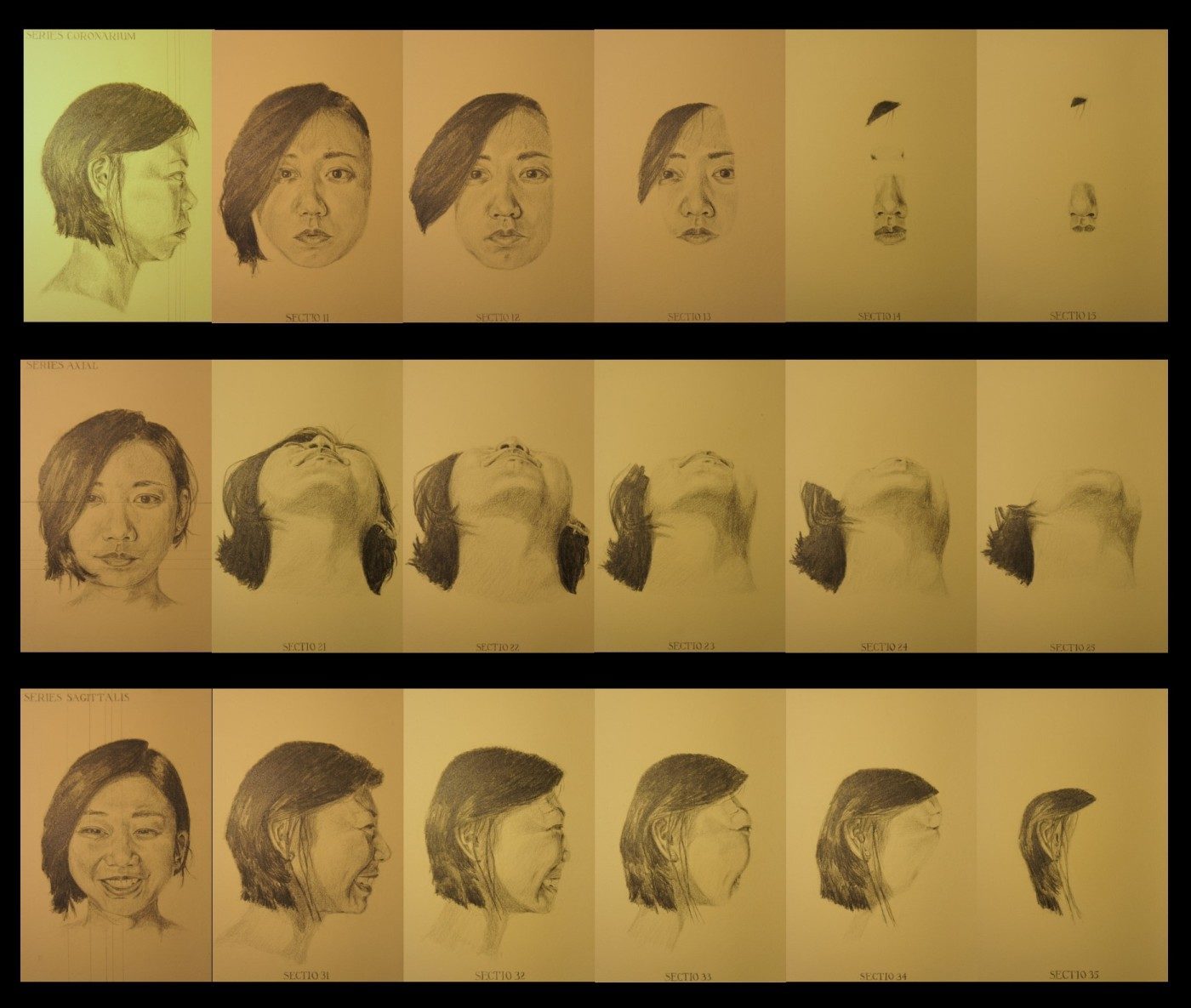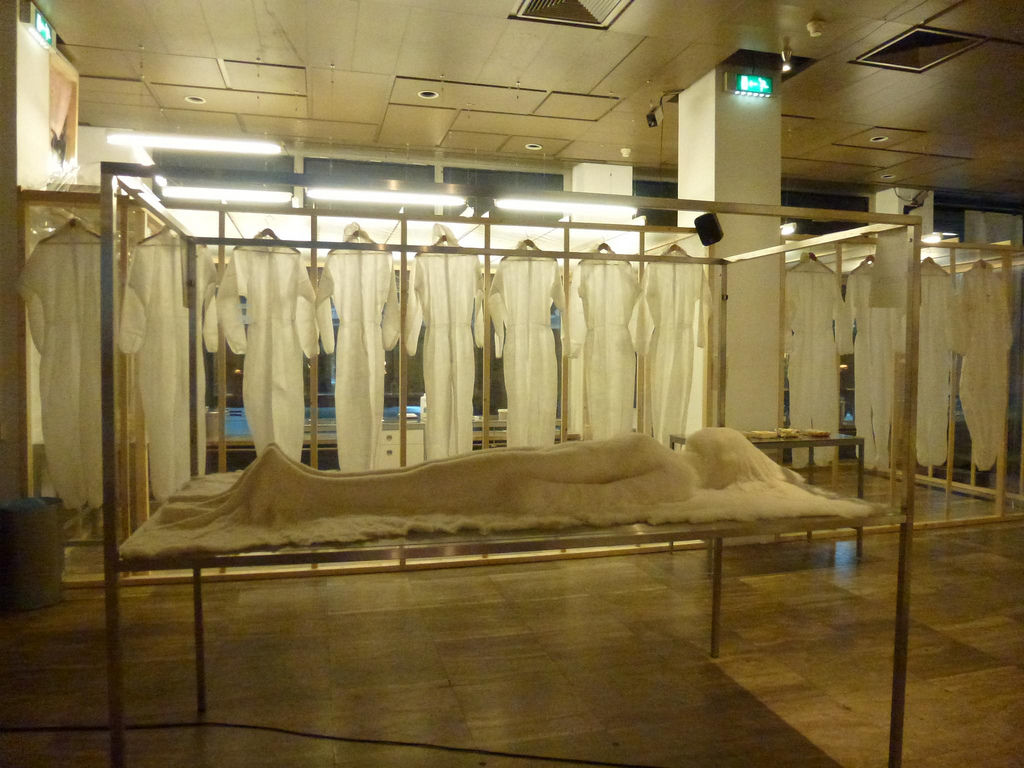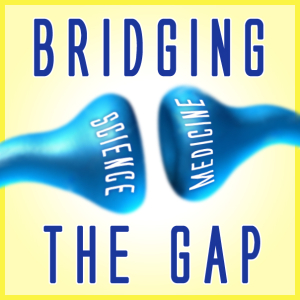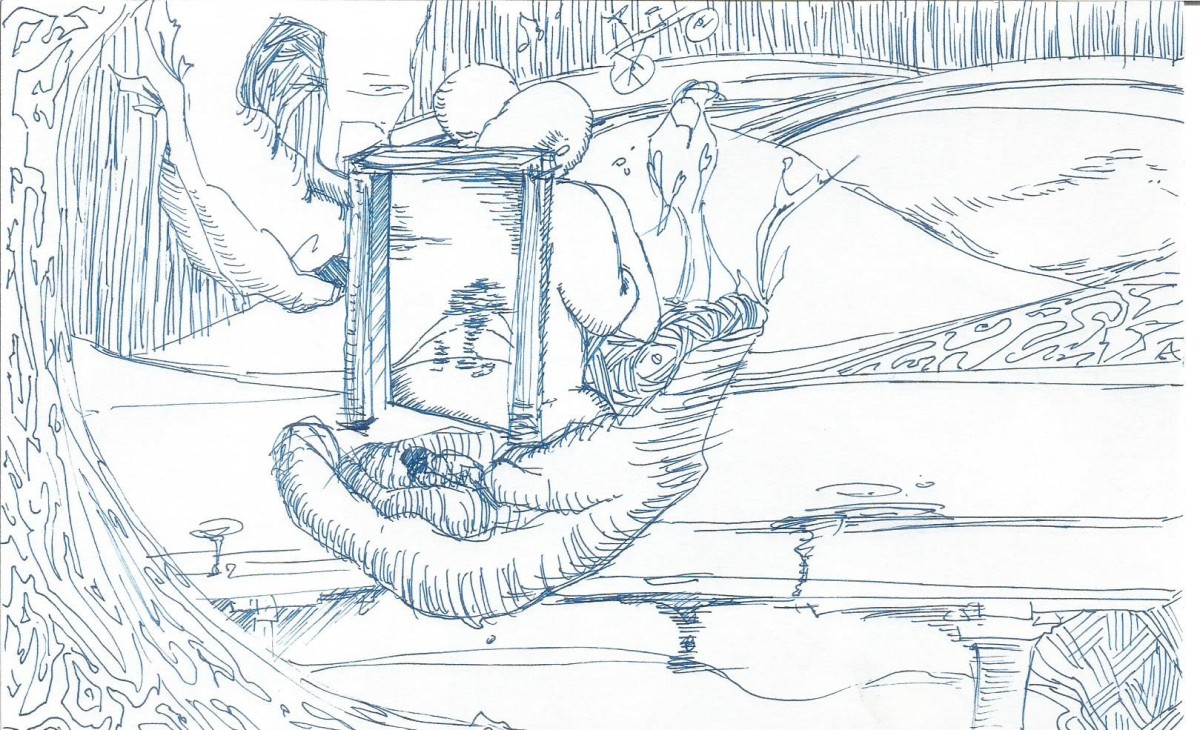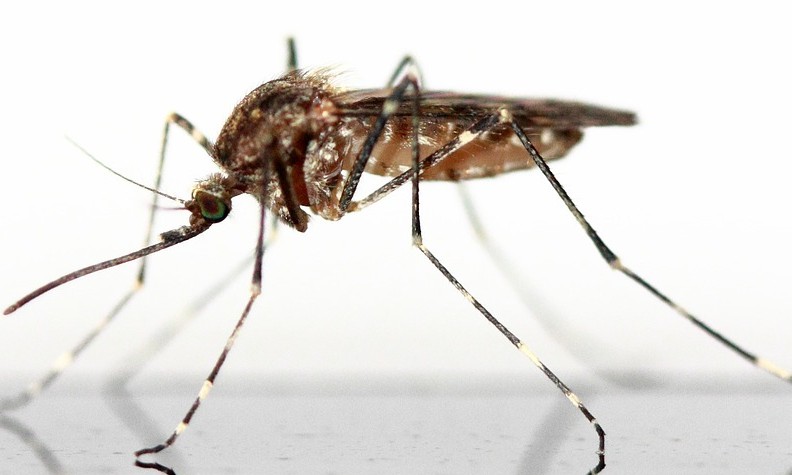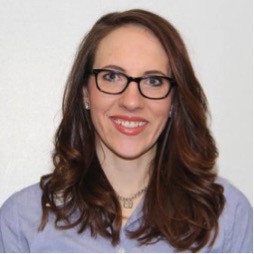When Breath Becomes Air: The Lasting Impact of Dr. Paul Kalanithi’s Memoir
Like many bibliophiles, I keep a running list of books “To Read”, and I have a complicated system for deciding what I will read next; because of this, any new recommendation must go to the end of the queue. Every now and then, though, a book comes along that disrupts my whole system. In this case, I read an excerpt in The New Yorker that moved me: I was struck by the clarity of the writing and finished the excerpt wanting to know more. Over the next week, three different people recommended it and I began seeing it everywhere. Sensing that this book was something important, I bought and immediately began reading When Breath Becomes Air by Dr. Paul Kalanithi.





